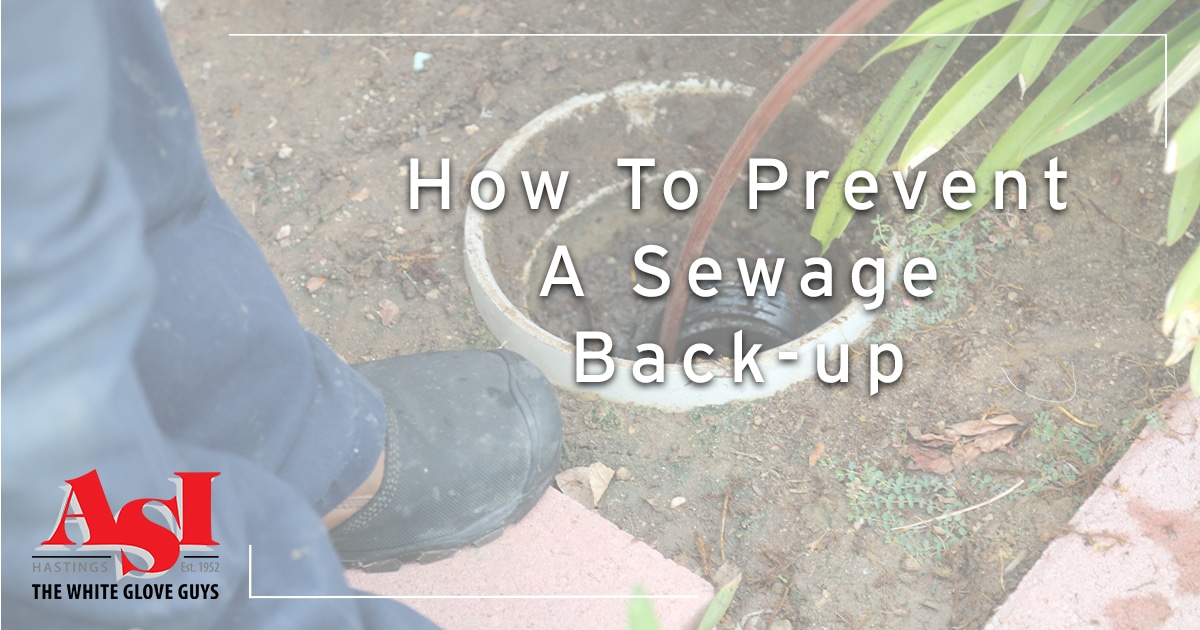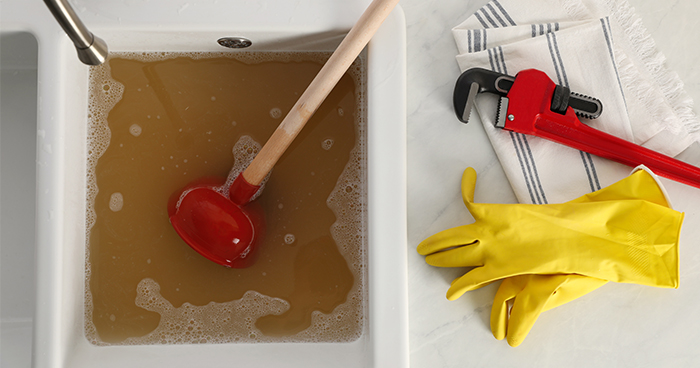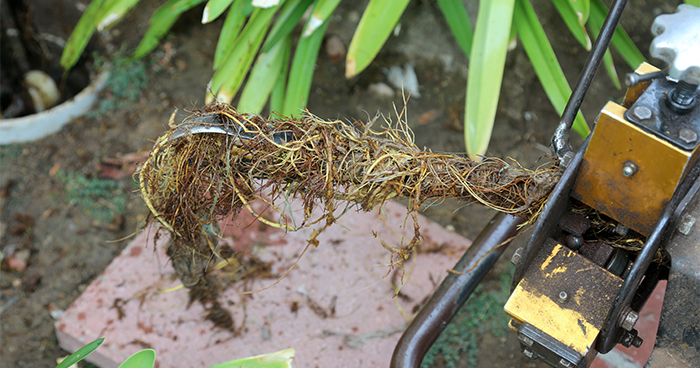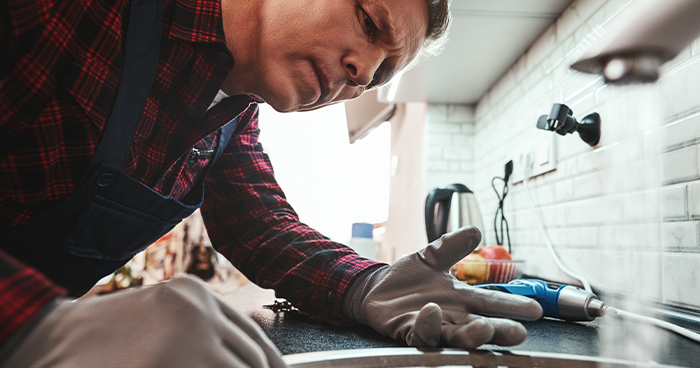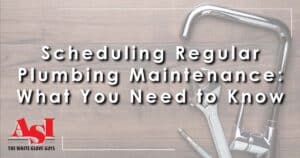Sewage back-ups are one of the most expensive, headache inducing, and downright nasty plumbing issues you can deal with as a homeowner. But fear not; there are measures you can take to keep your sewage lines running smoothly.
In this post, we’ll dive into the tell-tale signs of sewer leaks, main causes of sewer leaks, and how to prevent them.
What Is a Sewage Back-up?
A sewage back-up is caused when an obstruction reverses the flow of water to come back towards the source. In this case, the source of the water is your home.
It can cause substantial physical damage to your home and your yard. This damage can be hard to repair, and it even poses a health risk to your family.
What Causes a Sewage Back-up?
There are two main causes for a sewage back-up: an obstruction, broken pipes, or both.
Obstructions can include anything from tree roots, grease/filth build-up, fat balls (grease and food particles combined to create hard particles). These organic materials can clump together and over time cause a clog so big it can crack or break your main sewer line.
Read on to learn more about the most common causes of sewer back-ups and what you can do to prevent them.
Clogs
Hardened fatty products, hair, or other large quantities of solid waste can clog your pipes and cause a sewage back-up. Here are a few ways you and your family can prevent clogs:
- Don’t pour melted butter, oil, or animal fats down the sink.
- Throw menstrual products, wet wipes, paper towels, or diapers in the trash, not the toilet.
- Be sure to keep hair, hardened toothpaste and soap fragments, or solid makeup products from going down the bathroom sink.
Tree Roots
Trees and roots naturally grow towards water. This means the roots of any trees or plants in your yard will gravitate towards your plumbing pipes. When too many strong roots get into your main sewer line, they will cause a major clog.
A great way to avoid this is by regularly trimming any roots in your yard. If things are extreme, consider removing all plants that are around the sewage line. This will prevent any root related mishaps in the future.
Heavy Rainfall
Not all public sewers may be equipped to handle excessive rainfall. After a storm, check your basement and pipes for flooding as that may be an indicator of burst pipe or overflow.
Damaged Sewer Line
The average sewer line is around 30-years-old, according to the American Society of Civil Engineers. In addition to pipeline cracks and leaks, general wear-and-tear over the years may be a cause of a sewage back-up.
5 Signs You Might Have a Sewage Leak
1. There’s A Bad Smell Coming from Your Drain
By simply taking a whiff of the air surrounding your drain, you’ll have a hunch about a potential sewage back-up. Your main sewer line should be airtight and have working seals to block foul odors. A nasty smell—especially of sewage—may indicate a crack or leak in the main sewer line and that professionals need to be called.
2. More Than One Drain in Your Home Is Clogged
If more than one drain in your home is clogged, your main sewage line (which connects to all your other drains) may be backed up. However, you can breathe easy when only one drain is clogged. Most of the time, a single clogged drain can be attributed to only one small pipe.
3. Some Grass Patches Are Growing Better Than Others
It’s not a good sign when a patch or two of grass grows quicker and healthier than the rest of the yard. Sewage waste is a great fertilizer and can lead to a lush lawn.
Additionally, if your main sewer line is cracked, it will cause the surrounding soil to weaken and dip from over-saturation. Noticeable elevation changes mean it’s time to call in the professionals.
4. Water Is Draining Slowly—Even After Clearing the Line
When traditional drain clearing methods aren’t brining any results, there may be a bigger issue at hand. Main sewer lines have deep, hard-to-reach clogs. Therefore, a typical homeowner is completely unable to fix the clog.
When this happens, it’s time to put down the chemical drain cleaner, pick up the phone, and call a professional. Licensed plumbers will run a camera through your lines to see what’s going on and can hydrojet if need be.
5. There’s New Mold Growth in Your Home
A crack in your main sewer line can cause water to leak. And if that leak happens in a moist, dark environment, it could result in mold growth. Exposure to mold, whether orally or nasally, is detrimental to your health. If you notice mold starting to spread on your walls or ceilings, do not try to clean-up the problem yourself. Instead, contact a plumber immediately.
How To Prevent (And Fix) A Sewage Back-up
If you want to prevent sewage back-ups, your best bet is to schedule a drain clearing every couple of years. This is a great way to conduct regular sewage line maintenance.
However, regular maintenance doesn’t mean a sewage back-up will never happen. Our White Glove Guys are trained to handle any sewer problem that may come their way. Whether it’s residential drain cleaning, general repair, drips, leaky faucets, water treatment solutions, or slab leak repair, we’re ready to fix it.
Contact us today to let us know how we can help. Our White Glove Guys have your back!

